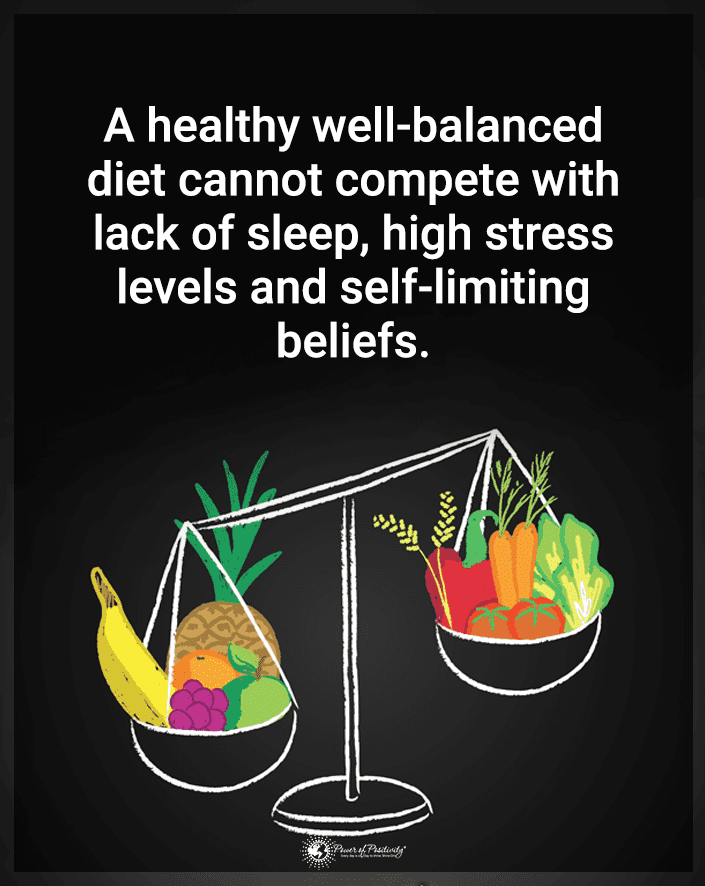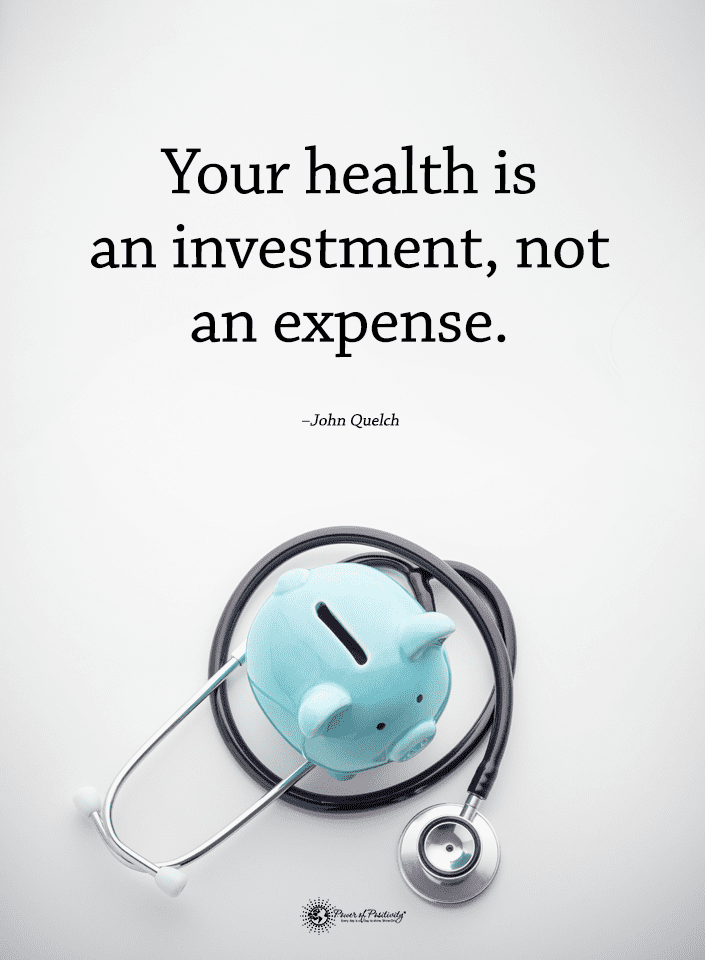“When your body stops generating melanin, hair presents itself as grey, white, or silver.” – U.S. News and World Report
We all age…it is the natural evolution of life itself. Some choose to navigate through this process with a sense of acceptance. Others choose to “fight,” unable to accept this natural evolution. In truth, there is nothing wrong with either perspective, as we all try to come to grips with the inevitability of aging in different ways.
Which leads us to our hair going grey…
One physical aspect of this natural aging process is the proliferation of greys in our hair – and not everyone likes it. The follicles based underneath our skull age just as we do. When we advance in years, our hair follicles produce less melanin – the pigment that gives our hair its natural color – and grey hair is the natural by-product.
Not everyone develops this physical trait around (or even near) the same time – and scientists still don’t have a good explanation. One consensus that has been reached: genetics probably has much more to do with accelerated greyness of hair than anything.
Racial demographics actually have a lot to say about this trend. Typically, Caucasians begin greying in their mid-30s; Asians in their late 30s; African-Americans in the mid-40s. According to WebMD, over half of all people have “a significant amount of grey hair by the time they turn 50.”
For whites, ‘prematurely grey’ indicates growth of grey hair by 20; for blacks by 30.
As the citation preceding the article’s intro notes, premature greying is mostly genetic. There are, however, catalysts that may expedite the alteration from ones “normal” hair tone to one that conspicuously displays the natural aging process.
Which actually brings us to the point of our article: why some people prematurely grow grey hair. Contrary to popular belief, this physical change of appearance can – in some ways – be attributed to lifestyle and other characteristics.
Here are 4 main reasons why your hair is turning grey earlier than expected:
1. A medical condition
Autoimmune diseases effectually attack cells within the body, and this includes hair follicles, which makes it possible for premature greying to occur. There are other medical causes, as well.
According to WebMD: “a vitamin B-12 deficiency or problems with your pituitary or thyroid gland can cause premature aging.” The good news is – if the condition is treated – that the physical effects of premature aging (including greying of hair) can be reversed. This said, premature greying of the hair due to medical reasons is thought to be rare.
2. Smoking
According to one prominent dermatologist: “Smoking is one of the worst things you can do for your skin and hair…you may not be able to see wrinkles on the scalp but it’s still affecting all the (hair) follicles.”
Despite the potential effects of smoking on the aging process, it doesn’t have near as much of an impact as genetics. If premature greying is not a trait that runs in your family, it is recommended to see a doctor to evaluate thyroid health, vitamin levels, and to rule out anemia – a deficiency of red bloods or hemoglobin in the blood.
3. Chronic stress
While there is a bit of a debate on this, some research has uncovered a correlation between stress and grey hair. In a study conducted by cellular biologists at New York University – and published in the journal Nature Medicine – researchers observed the diminution of hair follicles via stem cell reduction in mice placed under stressful conditions.
Again, an abundance of research on the effects of stress and premature greying does not exist. However, there is plenty of anecdotal evidence to suggest that there may indeed be a strong link.
4. A Vitamin Deficiency
As mentioned, a vitamin B12 deficiency can accelerate the greying of hair. Vegetarians and vegans, due to their dietary restrictions, may also be at a greater risk for premature greying. Individuals that take birth control pills, and those with gastrointestinal or digestive issues may also be at a higher risk for premature greying.










